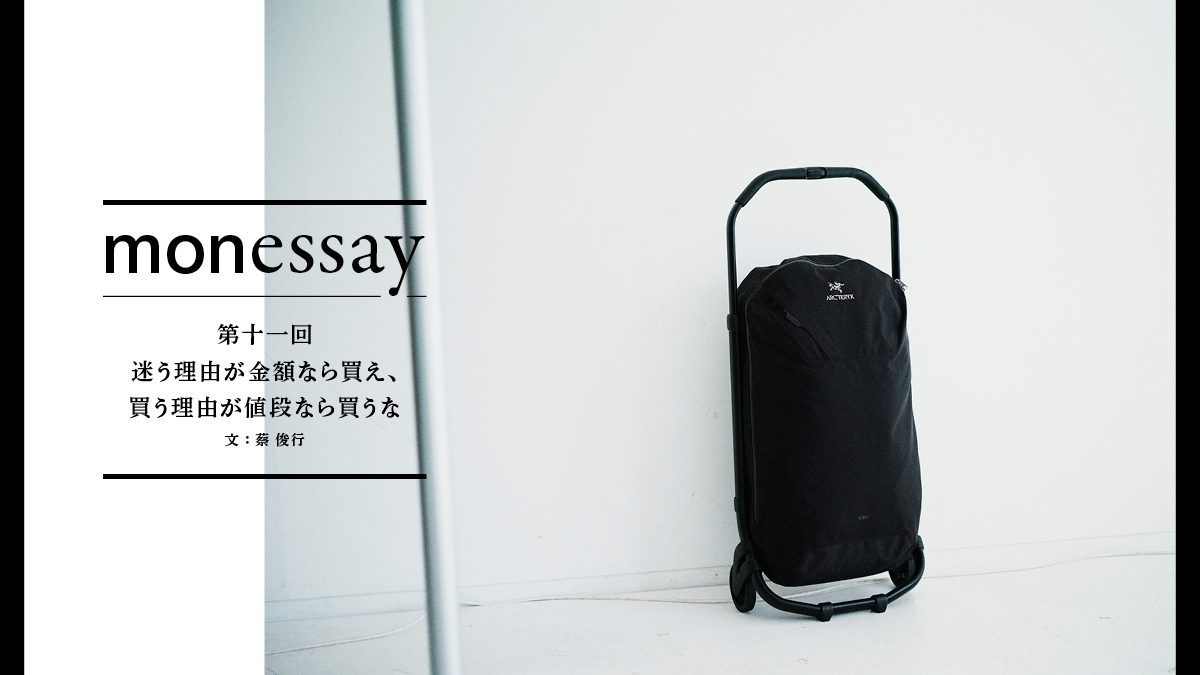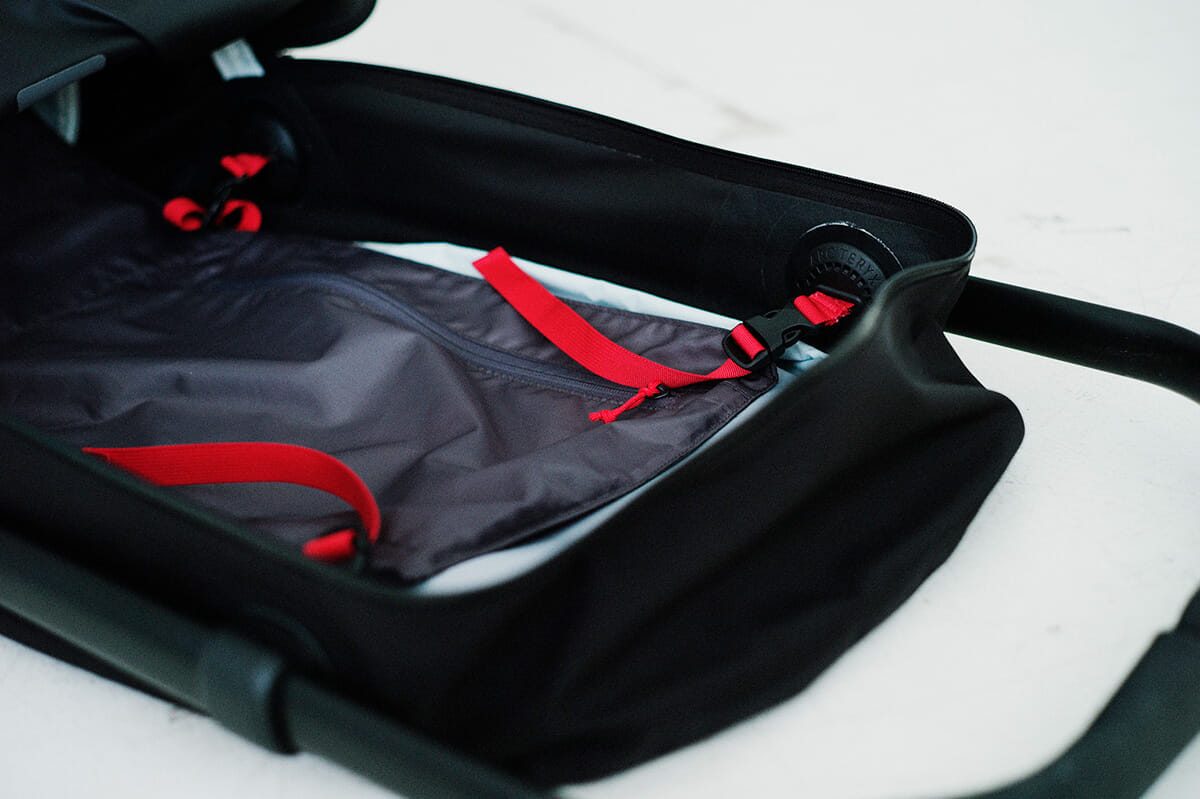-ist (used after a noun indicating someone's occupation, pursuits, disposition, etc.)When we look around inside the house, we see a lot of things. It is overflowing. This is not limited to my home. In some homes, it is common to have multiple televisions and radios. Sneakers and shoes are overflowing beyond the capacity of the storage space, and clothes are tightly packed in the closet. The desk tops and bookshelves are in chaos. I always put off the idea of throwing them out or organizing them, and the ones that survived the year-end cleanup sit there quietly as ever until the next year-end arrives.
purchaseI have to get rid of one of them when I get back home. This is not easy to do.
that (someone or something distant from both speaker and listener, or situation unfamiliar to both speaker and listener)In many cases, the new items you buy are on top of what you already have.
formerI was once asked by a consultant what "abundance" was, and I couldn't answer. I thought it meant having no lack of things, but he defined it as having multiple things and being able to use them in a selective way.
shoesIn other words, having shoes for commuting, exercising, going out, etc. is richness. I thought, "I see.
that (someone or something distant from both speaker and listener, or situation unfamiliar to both speaker and listener)In this sense, Japanese people today are too rich.
the sameProducts of the same genre and category are lying around at home, dabble in the same category and dabble in the same category.
present (e.g. government, administration)Perhaps the Japanese people in their 20s still need the "art of discarding". There may be such a consultant. The book of the same title is already a bestseller.
that (someone or something distant from both speaker and listener, or situation unfamiliar to both speaker and listener)This is why we consumers are not going to loosen our purse strings just a little bit. Of course, the same is true for me. I would have to be in a very bad situation to make a purchase.
(after noun, adjective-stem or plain verb) just keepsYa, until you see this trolley case.
young (animal)In this column, I am going to write a column that is like a story about a theme in rakugo (traditional Japanese comic storytelling), focusing mainly on items that are assigned by Web Editor-in-Chief Huinamu Komuta, so praising things is not what this column is about, but this one struck me after a while.
-ist (used after a noun indicating someone's occupation, pursuits, disposition, etc.)The "Mere Old Man" has several Remoas that he bought about 30 years ago, as well as Andiamo, Patagonia, and other trolley cases in various sizes. In recent years, these Patagonia cases have been in great use, and the others are rarely used. In other words, here too, things are dubbed up and waiting to be disposed of.
(used with suffix -san or -sama) endearing term for unrelated older man or womanI was beaten to the punch.
(in broth) pieces of meat, vegetable, etc.I had been thinking about this trolley since it was presented at an exhibition around this time last year. Even after the press presentation, this trolley was the one that had a large circle of people in the exhibition hall.
greater (of equal court ranks)No, I don't need it. I have Patagonia. But I'll buy it after all. I'll have to get rid of the Patagonia, but I don't think I'll be able to sell it on Mercari, so I'll have to throw it away. I'm not sure if I should throw it away or not.
stray (e.g. dog, cat)There is a proverb that says, "If the reason to hesitate is the price, buy; if the reason to buy is the price, don't buy.
indicates certainty, emphasis, etc.Let's take a look at it.
under (esp. influence or guidance)And if you do hand, many international business trips these days are made with large backpacks.



